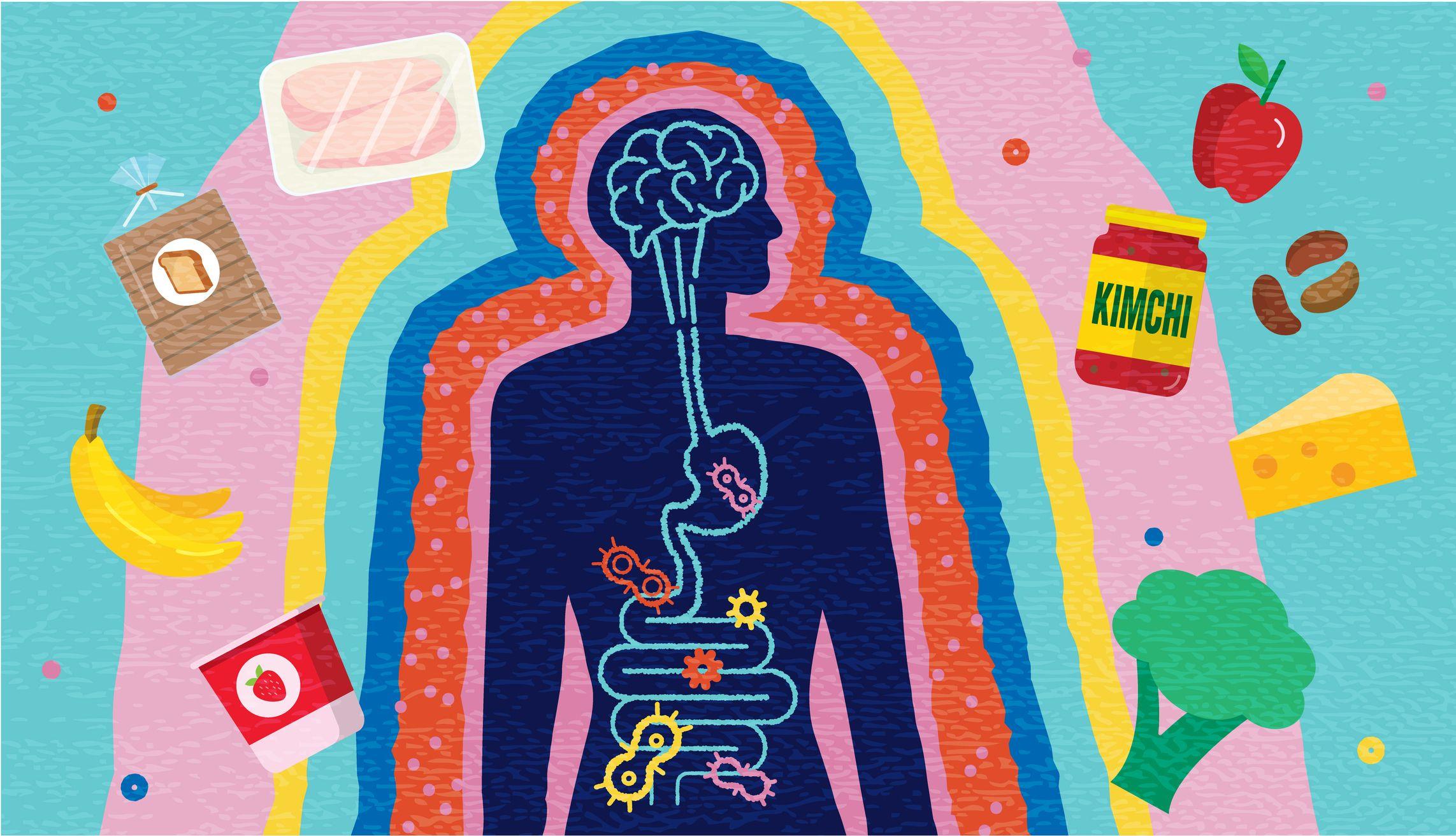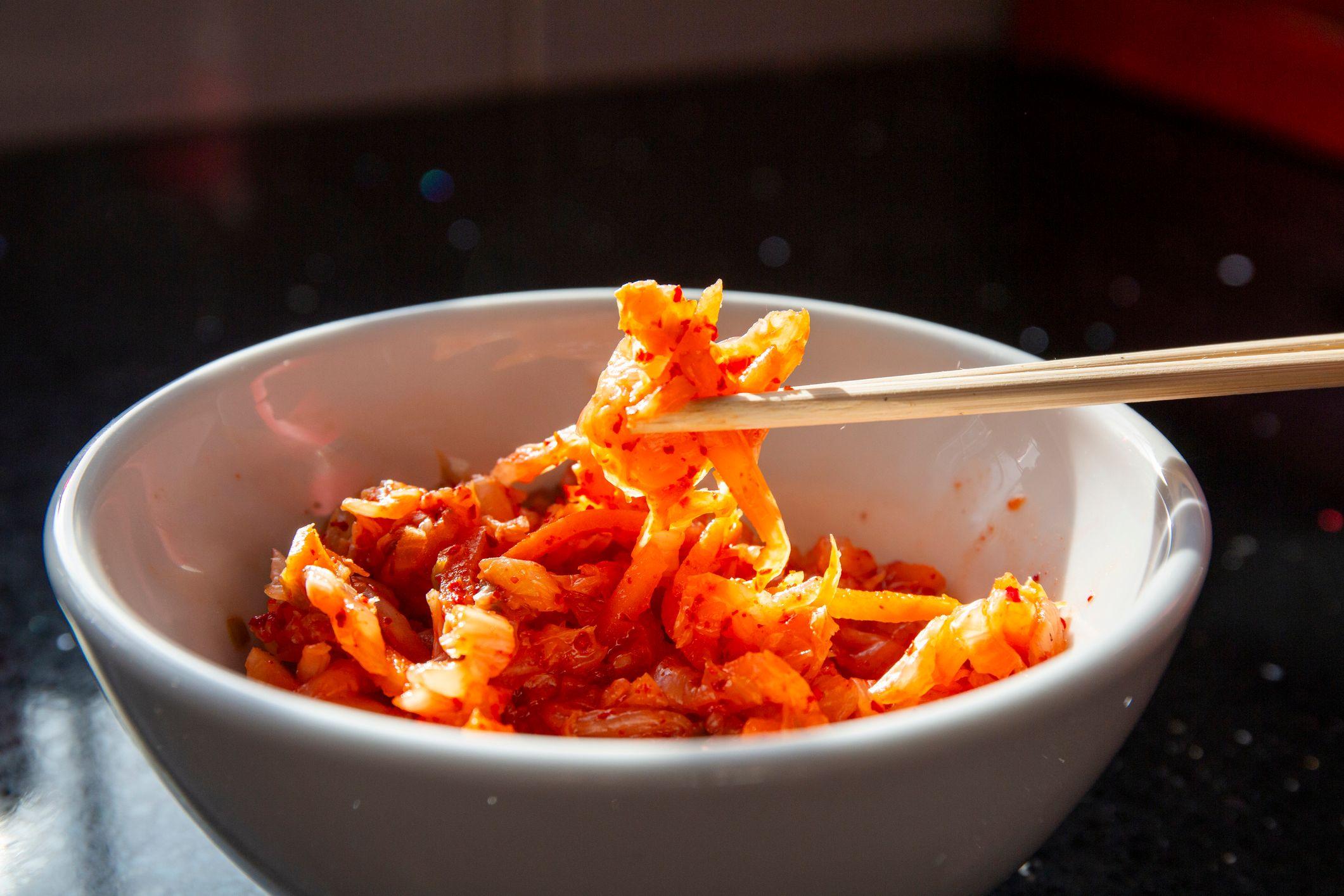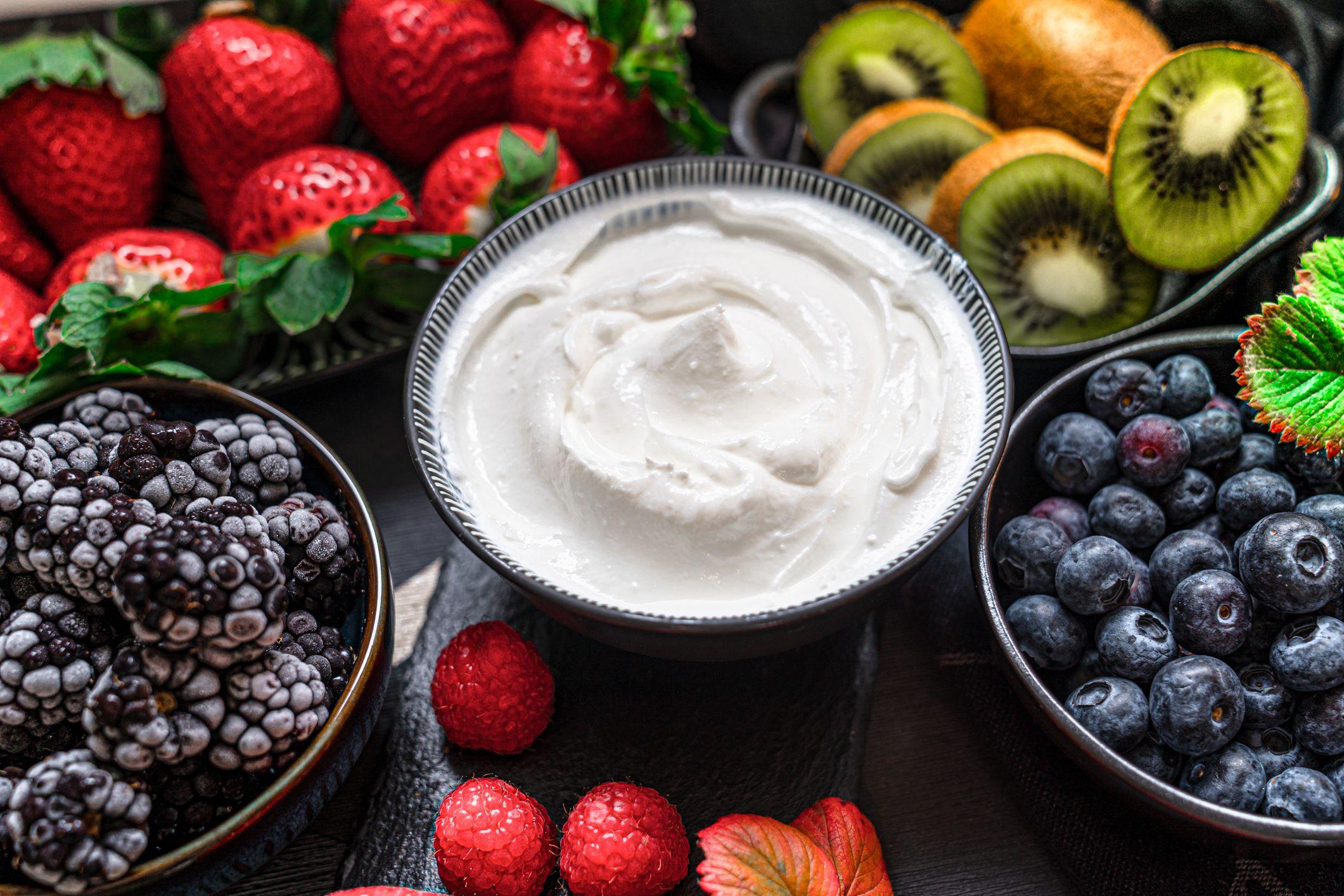Heav Health Guide: What to eat and what to avoid – BBC News in Serbian

Have you ever felt bloated, tired or have you been bad in the mood without apparent reason?
Maybe the guts are trying to tell you something.
The health of the bowels is more than the welding itself – it is the foundation of our immunity, mental well-being and our general feeling of vitality.
The intestinal flora, made up of bilion bacteria and microorganisms, best conducive to a balanced diet that is rich in nutrients.
However, bad habits in nutrition can impair this sensitive environment, which can lead to digestive problems, inflammation and chronic diseases.
Dr. Juli McDonald, a higher lecturer in the center for studying the resistance of bacteria on antibiotics at the Igpier College in London, explains that the disorders in the bowels manifest not various ways, not only digestive symptoms.
Every man has a bowel microbiot that is unique, as is a fingerprint.
This means that some people naturally have a more resistant digestive system, while others are more susceptible to disorders.
The health of the bowels affect the genetics, the environment in which the dietary manner, and even factors from early life – for example, whether someone was born to the imperial incision or natural way.
It is this unique nature of our intestinal flora poses a challenge for researchers.
Although scientists managed to identify basic groups of useful bacteria, precise determination of microorganisms that are responsible for diseases and poor health is still complex.
You’re what you eat
« The diet manner has a great impact on the diversity of intestinal microbiotes, » says Dr. Benjamin Mališ, Clinical Researcher and the Consultant at the Cologne Cologne in London.
« In research, we saw that the dietary changes, such as reduced meat intake or increased fiber intake, can significantly affect the composition of intestinal bacteria ».
For example, research indicates that the introduction of fermented dairy products, such as yogurt and kefir, can encourage the growth of good bacteria such as lactacobacies and bifidobacteria, even without significant increasing the overall diversity of microbiotes.
However, nutrition is not the only decisive factor for the health of the bowels.
Other important factors are:
- Dream and Stress: A bad dream and chronic stress negatively affect the health of the bowels;
- Physical activity: regular movement and exercise contribute to a healthy intestinal flora;
- Antibiotics: Excessive use of antibiotics in medicine and agriculture can disrupt the number of bacteria and increase the risk of antibiotic resilience.
The recent Japanese study showed that nutrition rich in legumans and vegetables can reduce the level of stress because it encourages the growth of good bacteria in the gut.
The study that included about 1,000 healthy adults, mostly women, revealed that nutrients rich in nutrients, such as probiotics and fibers, can contribute to the breeding of lachnossira bacteria, which is crucial to maintain health and integument.
Dr. Mališ also highlights the importance of the connection between the bowels and the brain.
« Nerve wanderer or pneumigastric nerve (Latin: Nerve Vagus) connects brains and hoses, and neurotransmitters such as serotonin and dopamine come from the bowels.
« New research indicate that the health of the bowels can affect the behavior, the level of stress, and even to mental well-being ».

Best foods for healthy bowels
Fermented groceries They contain probiotics – live bacteria that contribute to maintaining the balance of intestinal microbiotes.
Studies show that food intake of rich probiotics can improve digestion, reduce bloating and contribute to strengthening immunity.
The most famous fermented groceries are:
- Yogurt (which indicated to contain live and active bacteria);
- Kefir: Dairy beverage made by milk fermentation (cow, goat or sheep) and Kefirna grains (combination of bacteria of lactic acid and yeast);
- Sauerkraut: made from shredded cabbage and salt;
- Kimči: a traditional Korean dish of fermented vegetables, most common hoods (Chinese) cabbage, radish, garlic, ginger, hot peppers, and fish sauce, and salt;
- Miso: Japanese fremented pasta of soy, salt and code (aspergillus oryzae), type of dance that is grown usually on rice and barley;
- Tempeh: Indonesian product rich in vegetable proteins, made of cooked and slightly fermented soybeans
- Other sources: kombuča / kombuha (kinjna mushrooms – around the world), dosa (Indian fermented test made made of minced black mungo beans and rice), NATO (Japanese dish of fermented soybeans).
Advice: If you are just beginning to introduce fermented foods, start entering small quantities to avoid discomfort in your stomach.

Fibers They act as prebiotics because food useful intestinal bacteria, such as those in probiotic foods, and encourage proper and regular digestion.
Research shows that fiber nutrition can reduce the risk of gastrointestinal tract diseases and contribute to body weight regulation.
Fiber rich groceries:
- Integral cereals: oats, cinema, integral rice;
- Legumes: lens, lubble, black beans;
- Fruit: apples, bananas, berries, raspberries;
- Vegetables: broccoli, carrot, artichoke;
- Nuts and seeds: almonds, flaxseed, whose seeds.
Advice: Gradually increase fiber entry to avoid bloating. Drink a lot of water to facilitate digestion.

Polyphenols are plant compounds that have anti-inflammatory and antioxidant properties, and contribute to the diversity of intestinal flora and reduce inflammation in the body.
Polyphenol sources:
- Black chocolate (at least 70 percent of coca);
- Green tea;
- Berry fruit;
- Olive oil.
Advice: Combine food rich with healthy fat polyphenols (e.g. avocado, nuts) to improve their absorption.
BONE BUJON is rich in collagen and amino acids such as glutamine, which can contribute to preserving the integrity of mucosa gut and reduce inflammation.
However, additional research is needed to confirm these benefits for health scientifically.
Advice: You can use it for soup or drink independently.
Worst Heav Health Foods
UltraCurrent food It usually contains artificial accessories, preservatives and emulsifiers, which can impair the balance of intestinal bacteria and encourage inflammatory processes in the body.
Common examples of these foods are:
- Packed snacks (chips, crackers, instant noodles);
- Processed meat (springs, sausages, bacon, dried meat products);
- fresh breakfast cereals;
- Finished dishes.
Advice: Choose a minimally processed snack, such as nuts, fruits or homemade granols (crispy Musli).
Individual Messiesuch as aspartame and Saharin, connect with negative changes in the composition of intestinal microbiotes and the disturbed glucose metabolism.
They are most often contained in:
- dietary gazed beverages;
- sugar-free gums;
- low-calorie snacks.
Advice: Choose natural sweeteners such as Stevia or Monastic Fruit Sugar (Monk Fruit).

Nutrition rich with refined sugars It encourages the growth of harmful bacteria and inflammation, and at the same time reduces the number of useful microorganisms in the gut.
Foods that have a high content of refined sugar:
- Cakes and pastries;
- white bread and pasta;
- Sweetened drinks (carbonated beverages, energy drinks, fruit juices).
Advice: The need for sweets thou shot with fruit or black chocolate.
All kinds of Alcoholic beverages They can negatively affect the health of the bowels, because they disrupt the dream, mental balance and intestinal flora.
Although red wine is rich in polyphenols, the nervous bowel consultant Kirsten Jackson says for the BBC that the wine is good for the health of the bowels, because the content of alcohol in wine neutralizes all possible benefits.
Advice: Drink alcohol in moderate quantities and pair it with foods that are useful for the bowels.
A nutrition rich in red and processed meat It connects with the imbalance of intestinal flora and a higher risk of colon cancer.
It is recommended to be limited input of this meat and selection of healthier protein sources, such as fish, chicken or plant alternatives.
Advice: Try to introduce meatless days to gradually reduce the entry.
Small changes, big difference
Dr. Juli McDonald emphasizes that the increased fiber intake is one of the simplest ways to improve bowel health.
« Fiber food useful microorganisms and thus support the health of the digestive tract and strengthening of immunity. »
Nutritionist Kirsten Jackson recommends a variety of herbal nutrition that implies at least 30 grams of fibers a day.
Such nutrition should contain integral cereals, nuts, seeds, fruits and vegetables, and everything contributes to the health of the intestinal flora and prevents constipation.
Tips for healthy bowels:
- Eat various – insert several different plant foods in your diet;
- Combine probiotics (for example yogurt, kefir) with prebiotics (for example groceries rich in fiber);
- Drink enough water – hydration is key to digestive;
- Reduce stress with meditation, physical activity and quality sleep;
- Avoid unnecessary use of antibiotics.
Kirsten Jackson says that small and consistent changes are more sustainable than drastic diets.
Setting small, achievable goals each week can be more effective access for long-term hoses health.
If you make small but careful steps in choosing groceries and lifestyle, you can improve digestion, strengthen immunity and even improve mental health.
The BBC in Serbian is from now on and on the morning, follow us Here.
Follow us on Facebook, Twitter, Instagram, Jutjubu and Vajiberu. If you have a topic suggestion for us please contact (Email Protected)







